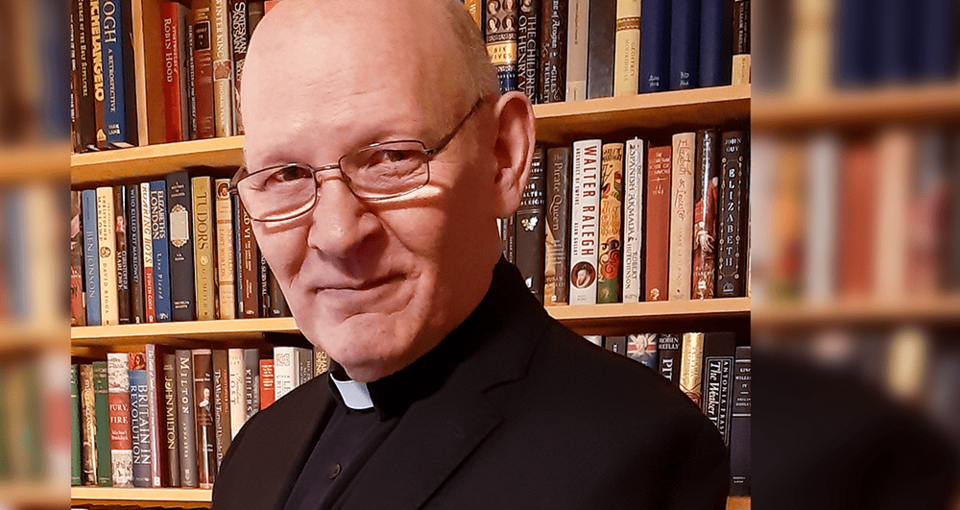Netflix has bought the rights to Roald Dahl’s children’s books from the late author’s family. As well as controlling film and television productions, it will produce stage shows, and spin-off games, and while the precise amount for the purchase hasn’t been revealed it must have been of giant peach proportions, because in 2019 alone the Dahl estate earned $50 million from the author’s works.
Which is all very well for Dahl’s family and fans but not entirely reassuring for those of us who are familiar with his repugnant and clinical anti-Semitism. When this deal was made public there were a few references to what Dahl had said about Jewish people, and the estate had made a brief apology on its website a few months earlier, but that was mostly it. That simply wasn’t an adequate response, and I should know because I was the person who broke the story in 1983.
I was in my early 20s, and writing for Britain’s New Statesman. Dahl had just reviewed the book God Cried, about the Israeli war in Lebanon, and his criticisms of Israel were extreme and jarringly sweeping. There seemed to be something visceral about his anger, something more personal and dark than anti-Zionism or empathy with the Palestinians. He’d written of “a race of people” — the Jews —who had “switched so rapidly from victims to barbarous murderers,” and that the United States was “so utterly dominated by the great Jewish financial institutions” that “they dare not defy” Israel.
Even so, Dahl was eager to be interviewed, and I was the person chosen to speak to him. He was polite. And entirely grotesque. “There is a trait in the Jewish character that does provoke animosity, maybe it’s a kind of lack of generosity towards non-Jews,” he carefully explained. “I mean, there’s always a reason why anti-anything crops up anywhere.” Pause. “Even a stinker like Hitler didn’t just pick on them for no reason.”
He told me that during his service in the Second World War he and his friends didn’t see any Jewish men fighting, and he was about to say something else when I finally responded. Firmly, but not rudely, I told him that my father was Jewish, that my grandfather had won all sorts of medals, that Jews fought in enormous numbers in all of the Allied armies, and were often over- rather than under-represented. At which point he coughed, mumbled something about “sticking together,” and then promptly ended the interview.
After the article appeared I heard nothing from Dahl, and in those days before social media his comments seemed to be largely forgotten. I was told that he might be senile or—most memorable of all—“just having a bad day.” That bad day was a long one because seven years later he gave another interview, not to me, in which he said, “I’m certainly anti-Israeli, and I’ve become anti-Semitic.… It’s the same old thing: We all know about Jews and the rest of it. There aren’t any non-Jewish publishers anywhere, they control the media — jolly clever thing to do — that’s why the president of the United States has to sell all this stuff to Israel.”
There was never any apology or explanation from Dahl, clearly because he thought that there was nothing to be sorry about. While my interview has been quoted every few years, Dahl’s reputation has hardly been touched and certainly not trashed. Most people, I’d think, have no idea about this aspect of his life, personality, and belief system.
Dahl’s works are undeniably impressive, and arguments about separation of creator and creation have raged for generations. What does bite, however, is the fact that he seems to have largely gotten away with it. We’re not speaking of Wagner or Ezra Pound here, but of authors and artists who have made far more ambiguous comments about race than Dahl, ones often soaked in anachronism, who are frequently given a much harder time than this nasty old anti-Semite
It’s facile and reductive to compare minority status as if it were a competition. Jews do matter, anti-Semitism isn’t pervasive, and most critics of Israel certainly do make that vital distinction between objections to the policies of a nation state and downright racism. Not Dahl though, and he never even pretended otherwise. It’s difficult but possible to deal with anti-Semitism expressed before the Holocaust, but from someone with full knowledge of the Shoah it’s a struggle, and one I’m not sure we should even attempt. ◆



